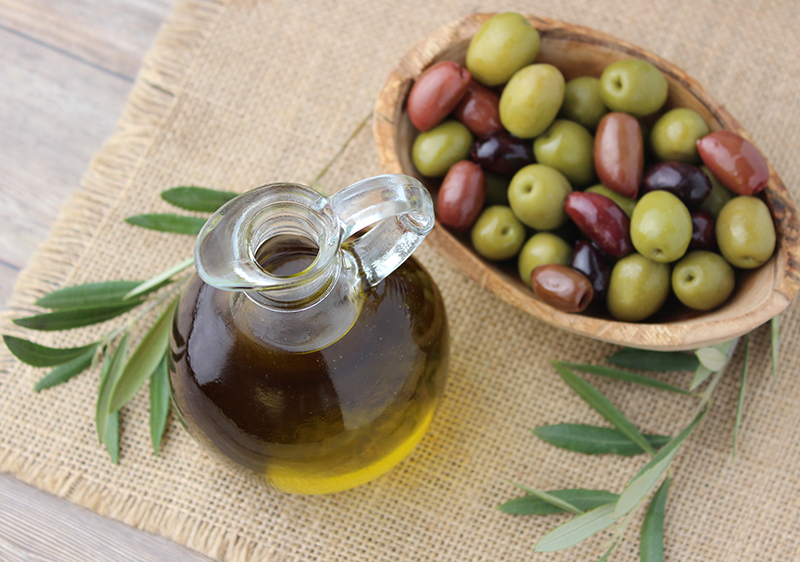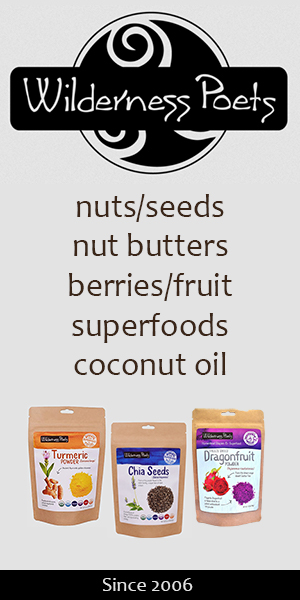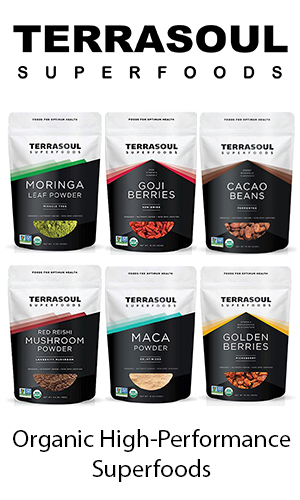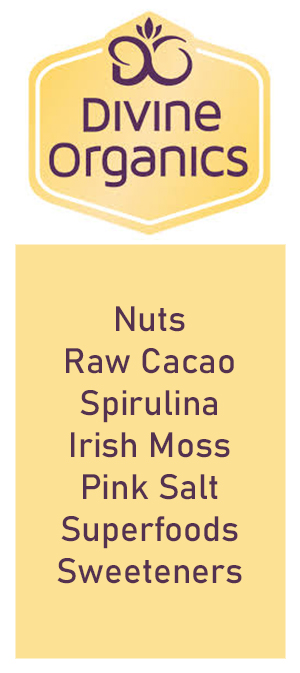- Home
- Types of Diets
- What is the Mediterranean Diet?
Healthy Diet Series: What is the Mediterranean Diet?
Intro | What is the Mediterranean Diet? | 5 Advantages | Mediterranean Diet Food List | Benefits | History | Precautions

First, to start our Superfood Evolution "Healthy Diet Series", we'd like to express that we are not promoting one particular diet over another.
From our perspective, there is really no "one size fits all" approach to healthy diet practices. Different types of dietary choices are dependent on specific individual nutritional needs, health objectives and many other factors.
That being said, here is the first in this review series: The Mediterranean Diet.
What is the Mediterranean Diet?
Table of Contents
Intro | What is the Mediterranean Diet? | 5 Advantages | Mediterranean Diet Food List | Benefits | History | Precautions
The Mediterranean diet is a melting pot of shared lifestyle and food traditions developed over a period of centuries in locations around the Mediterranean Sea.
The term "Mediterranean" diet is really in fact a misnomer as it implies that all people of the Mediterranean region eat the same, which is simply not the case.
Generally, however, there are similar food, drink and diet patterns between the cultures of this environment.
The popular version of the Mediterranean diet known today typically includes a plentiful amount of vegetables as well as fruits, grains, legumes, aromatic herbs, nuts and seeds, whole grain bread and pasta, extra virgin olive oil, fish/seafood and small amounts of dairy, eggs and poultry.
A glass of red wine may often accompany a meal but red meat is less frequently on the menu.

5 Advantages of the Mediterranean Diet
1) NOT STRICT - Unlike other popular diets, like the Keto diet, the Mediterranean diet is not strict about keeping track of daily calories, carbohydrates or protein and fat ratios.
Being a much looser style, it can be more attractive to a wider range of people who want to eat healthier without the rules and regulations that can make it hard to adhere to long-term.
We would say it comes with a sort of "eat, drink and be merry" in moderation approach.
2) WHOLE FOOD BASED - One of the greatest health advantages of the Mediterranean diet is that there is an important emphasis on using whole food ingredients and preparing foods homemade from scratch.
3) NO JUNK - Often it's not what's ON the MENU but what's OFF of it. A second health advantage of the Mediterranean diet is that it doesn't include highly processed or refined foods. Whole grain pasta and bread are its worst enemies, not too bad considering.
In addition, the use of added sugar to sweeten recipes is less common. Desserts are often replaced by the consumption of fresh fruit.
It's not hard to see why this type of diet, with its lack of refined junk foods and soda, might be a better option for some people.
4) HIGH IN FIBER - This diet is known for its greater intake of vegetables and whole grains. An aspect that obviously increases dietary fiber considerably and all the attributes that go along with it.
5) MONOUNSATURATED OLIVE OIL - One of the well-known benefits of the Mediterranean diet is that it's low in saturated fats and high in the heart-healthy monounsaturated variety. This mostly comes from the ample amounts of extra virgin olive oil used both in cooking and atop meals.
Olive oil is primarily composed of oleic acid and polyphenols, like oleuropein, known for their strong anti-inflammatory, antimicrobial and antioxidative influence.
Mediterranean Diet Food List
A Mediterranean diet food list usually involves foods cultivated in this very conducive food-growing climate.
Some of the Mediterranean Diet staples include:
- FRUITS like figs, olives, tomatoes, avocados, pomegranates, citrus, stone fruits, melon, grapes and apples.
- GRAINS like barley, couscous, oatmeal, polenta, whole wheat pasta and brown rice.
- LEGUMES like lentils, garbanzo beans, white beans, red kidney beans and adzuki beans.
- VEGETABLES like bell pepper, asparagus, zucchini, radish, carrots, celery, leafy greens, eggplant, cruciferous vegetables, potatoes and Allium vegetables such as onions and garlic.
- FISH and SEAFOOD like salmon, cod, clams, shrimp and scallops.
- AROMATIC HERBS like rosemary, parsley, thyme, oregano, basil, tarragon and sage.
- NUTS and SEEDS like walnuts, almonds, pistachios, pine nuts pumpkin and sunflower seeds.
- EGGS and DAIRY products like cheese and yogurt are consumed in small amounts.
What is the Mediterranean Diet Good For?
The number one claim to fame of following a Mediterranean diet is that it may greatly reduce the risk of cardiovascular issues like coronary heart disease, stroke and hypertension as well as obesity and type 2 diabetes. It is likewise considered a healthy diet for supporting cognitive functions as one ages.
Research suggests that following Mediterranean dietary and lifestyle habits has the potential to "lower the incidence of chronic diseases and improve longevity."
True Mediterranean customs are also about family, community, meal sharing, physical outdoor daily exercise, gardening and an existence that minimizes stress levels. These are also good qualities that can promote greater health and well-being for a happy long life.
Mediterranean islands like Sardinia are designated as one of the Blue Zones where centenarians are common. (*)
History of the Mediterranean Diet
The initial concept of the "Mediterranean diet" goes way back to the 1950s and the 15-year research of husband and wife team Ancel and Margaret Keys. They set out to compare the health patterns spanning seven different countries with an intention to see if a person's health risks for things like heart disease, high cholesterol, hypertension and stroke could be reduced by changing diet and lifestyle practices.
In summary, this research published in 1978 by Ancel Keys, often called the "Seven Countries Study" suggested that there was indeed a correlation with eating habits that loosely characterized diets of the Mediterranean region especially those of Greece and Southern Italy.
Later, in the mid-1990s, Walter Willett, a professor at Harvard University's School of Public Health, and his colleagues went on to specifically study the dietary and social practices of Mediterranean cultures.
Willet is often linked with being one of the original promoters of the Mediterranean diet, especially regarding its effect on weight loss.
He later published the book Eat, Drink, and Be Healthy, The Harvard Medical School Guide to Healthy Eating.
In his writings, he often points out that no one part of the diet is most important, they're all important. "It's the combination of all the parts that matter."
Precautions:
It is good to consult your healthcare provider before radically shifting to a Mediterranean diet-based regimen especially if you are pregnant, nursing, taking prescribed medications or if you have a serious medical condition.









